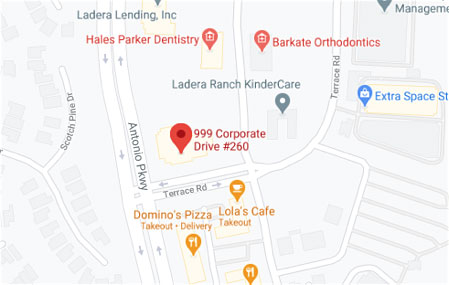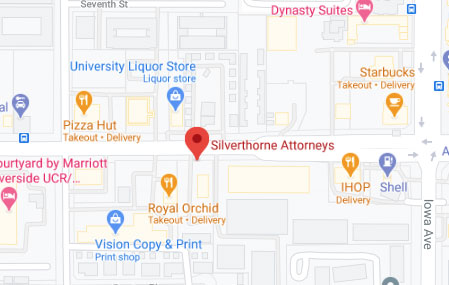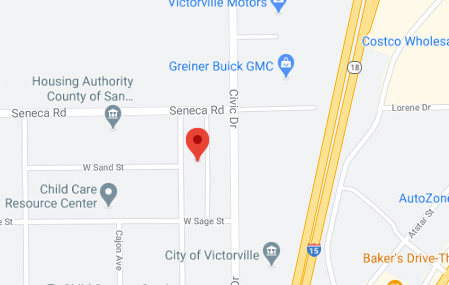Any normal day can take a turn for the worst and result in an accident – when in a car, biking, or as a pedestrian. Accidents can leave us in shock and unprepared for the aftermath left by an injury. In fact, many injuries take time to manifest and may present themselves unexpectedly.
It is not uncommon to experience headaches days after an accident, but these headaches may be the result of something far more concerning, such as a blood clot, concussion, or serious injury to the head or neck. Whiplash symptoms are also often delayed but should not be ignored because they may also signal something more serious. These symptoms frequently include neck or shoulder pain and even numbness in the arms and hands, which could indicate damage to the spinal column. Lastly, traumatic brain injury, or TBI, may be the result of a concussion from an accident. TBI symptoms range from personality changes to physical impairment.
What do you do when you experience this? How do you compile adequate documentation to support your case? There are several essential steps to take should you develop an accident-related injury, and each step must be followed through correctly. Our attorneys will fight passionately for your earned compensation from your accident, and proper documentation will aid them in their case.
- Take photos at the scene. Years ago, it may have been a habit for drivers to keep a disposable camera in their cars’ glove compartments. Now, most drivers won’t leave the house without their smartphones. Not only will your phone be an important tool for contacting emergency service providers, but it will also act as a camera to document the accident immediately afterwards. Take images of any damage to the vehicles, even if seemingly minor. Physical injuries upon you or your passenger’s person should also be documented regardless of size and apparent severity. Additionally, you should include pictures of the roadway and the area surrounding the accident in order to provide increased perspective into the location. Smartphone images should be clear and multiple may be taken at a variety of angles. Your personal injury attorney will find great value in these images, as they were taken immediately after the accident occurred. A simple picture of something “minor” may be the key to winning your case.
- Take notes at the scene and witnesses. Using your smartphone, other electronic device, or a simple pen and paper, take detailed notes at the scene of the accident. Document the events you can recall prior to and during the accident, as well as the names and contact information of anyone involved in or witness to the accident. While those in the other vehicle(s) or bystanders’ information may seem unimportant in the immediate aftermath, this information will become especially important later when filing an insurance claim. It is always valuable to document all individuals present.
- What not to say and do. While you may feel tempted to downplay the situation or your physical discomfort, there are several things your personal injury lawyer would discourage you from saying or doing that may hurt your case. Describing your physical state using phrases such as “I’m okay” or “I don’t think I’m hurt” can prove damaging to your case, especially if written in an official police report. You should also avoid running to the other vehicle if you are injured, since a witness could easily contradict your story based on his/her observation of your actions immediately after the accident.
- Seek medical care. Whether or not you feel immediate medical treatment is necessary, seeking medical care right after your accident will help your personal injury attorney compile valuable documentation to be used in your case. Considering the value of medical records, be sure to describe all your symptoms, no matter how minor. You may even keep a personal record of your symptoms, which may become useful should additional symptoms develop later. The more detail you provide to the medical professional, the stronger your case in the long run if more significant injuries become apparent. Follow-up medical appointments in relation to the accident should also be documented.
- Keep records of medical treatment. Any and all records of your medical treatment throughout this process should be retained and copied. This should include hospital/doctor bills, copays, benefit letters, anything received from your insurance company, and all additional paperwork and costs. No matter how small the cost of treatment, it is pertinent to keep these records and make copies. Creating a file devoted to your doctor visits and medical treatment would be a helpful way to ensure your documentation is compiled and in order.
- Record daily aftermath. Other valuable records are not quite so formal as hospital bills. Keep a daily record of your own physical and psychological feelings, with notes of changes and carefully marked dates of each entry. Your physical state may change, for better or for worse, and these changes should be catalogued, just as a medical professional would do were you under careful observation. In addition to your physical wellbeing, how you are feeling psychologically and emotionally should not be disregarded. Accidents not only leave us with bumps and bruises, but often with an aftermath of mental anguish. If you experience anxiety or lack of sleep with regard to the accident, make note of this in your daily journal. Do not ignore these symptoms, which could be signs of Post-Traumatic Stress Disorder (PTSD). Whether physical or psychological, your injuries/experience may also be preventing you from certain activities, all of which you should include in your records.
- Write a summary of the accident. Your personal injury attorney may request a completed summary of the accident and aftermath, so your diligence to record keeping is paramount in this case in order to assist your attorney. The notes you took at the scene should also include events leading up to the accident, all of which would be included in the summary. Stay consistent with your daily records of wellbeing following the accident, as this information is a significant addition to your summary. Be sure to make mention of each doctor visit and any medical treatment received.
- Talk to an attorney instead of an insurance company. To best protect yourself, contact an experienced personal injury attorney before conferencing with an insurance company. Insurance companies are prepared to record your conversations to use against you in your claim, so it is essential you seek legal advice prior to this contact so you are confident and prepared. The Silverthorne Attorneys legal team is ready to fight for you and work with you to navigate the aftermath of your accident.












